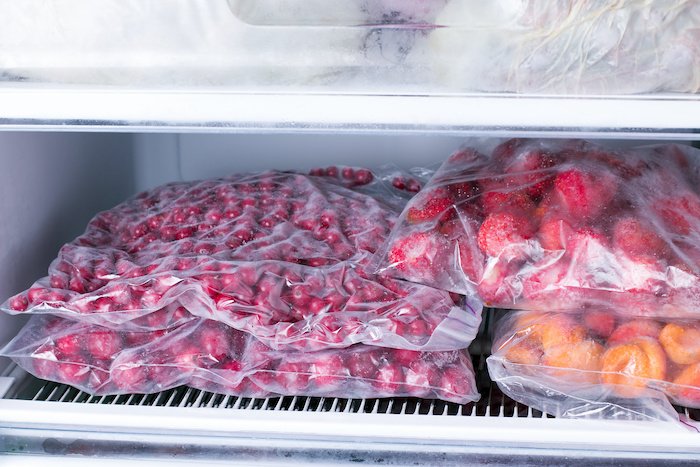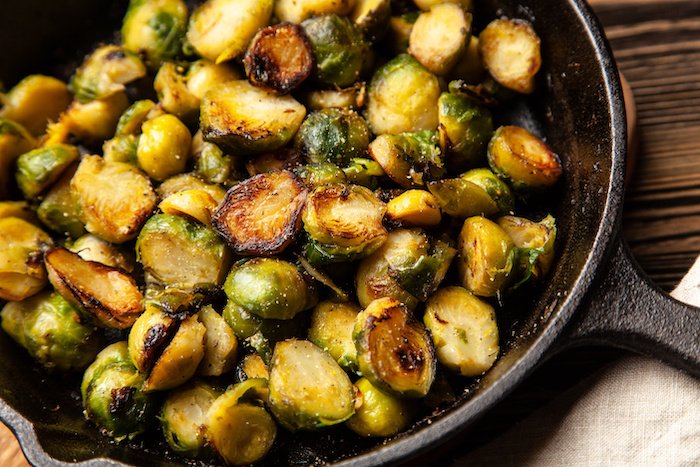The Dangers Of Processed Food: Part 1
Processed foods make up more than 60 percent of the calories that Americans consume. They are becoming increasingly widespread across the globe. Industries have been built and are thriving solely on processing our foods to make them prettier, tastier, and more convenient.
We are all in a hurry trying to complete 18,000 tasks each day. Additionally, we live in a modern society where industries are built to ease the load on the consumer so we can “grab and go” to give us the energy to get through those 18,000 tasks. So, what is the big deal? Well, in a groundbreaking study a few years back, scientists found that people ate a stunning 500 more calories per day when they consumed a diet rich in ultra-processed foods compared to a diet rich in minimally-processed whole foods. That’s essentially the equivalent of consuming an extra meal every day.
Later in this series, we will discuss why processed food can not only be detrimental to your waistline yet to your heart, brain, and longevity.
What is processed food?
Processed food includes food that has been cooked, canned, frozen, packaged, or changed in nutritional composition by enhancing, preserving, or preparing using a large variety of approaches.
By the way, when we bake, cook, or prepare food, we are processing the food. Processed food ranges from minimally to heavily processed. They are:
Minimally processed foods or naturally preserved foods, like home-canned tomatoes or frozen berries and roasted nuts which are prepared for consumer convenience
Foods processed at their “peak” – like tomatoes, frozen fruits, and vegetables, and canned fish
Foods with ingredients added to enhance flavor, texture, and shelf life. This runs the gambit from sweeteners, oils, preservatives, spices, colors, coffee drinks/syrups and includes pasta sauce, salad dressing, yogurt, cake mixes, baked goods, and much more. The food is already put through a fairly rigorous process through baking, frying, or freezing, so many companies add back the flavor the food lost in that process.
Ready-to-eat foods like crackers, granola, deli meat are more heavily processed.
The most heavily processed ”man-made” foods include frozen pizza, microwaveable dinners, and any food that has “survived” multiple forms of processing. They include artificial sweeteners and hydrogenated oils. They can also have non-food constituents like bleaching agents (rice and flour), solvents, and alkalizing agents and are then fortified with synthetic vitamins.
Many of you already know some of the worst culprits of processed foods are “refined carbohydrates.” Common sources of refined carbs are table sugar, white bread, white rice, soda, candy, breakfast cereals, and desserts. Refined carbs have been stripped of many of the original nutrients, vitamins, minerals, and fiber our beautiful foods grew to provide our lives the energy it needs. (Stay tuned for my article on metabolism and what you need to know in November!).
Also, refined carbohydrates have a high glycemic index due to the processing to make them taste better and digest quickly. This leads to blood sugar spikes which we’ll discuss next week.
The Positives of Processed Foods
There are some positives to eating processed food, the greatest being it provides us with an opportunity to add in more fruits and vegetables into our diets without the extra time necessary to prepare them.
For example, pre-cleaned and cut fruits, greens, and vegetables are good options when fresh they would be less frequent on your plate if you had to “do the prep” on your own. While these processes change the original makeup of the foods, they are super convenient and minimally harmful.
When my husband roasts his famous brussels sprouts, they are cut, roasted, and spiced. They are processed. Yet, we are eating a food that appears just as it did when it was planted. Our kids eat them, which is a huge victory. And, as much as we can, we aim for our food to be as close to the source of its origin. The body responds to the processing in so many ways. It’s best to be mindful of the impact of the ways we choose our processed foods.
It behooves us to be mindful and to think twice before we choose processed foods over foods that land on our plates as close to the form in which they were planted, grew. Simply being aware and mindful is a great first step. And go easy on yourself: most of the foods we eat are processed. My intent is to help you continue to discern your food choices wisely.
A mindful practice of fueling your body with fewer processed foods will benefit you and your waistline, your emotional health, and your longevity. Next week I’ll share my top five reasons why consuming processed foods can be dangerous for your health and wellness.
I offer this type of coaching for organizations interested in giving the gift of wellness. Contact me at contact@alexandriawellness.com if you’d like to discuss a wellness program for you or your team.



